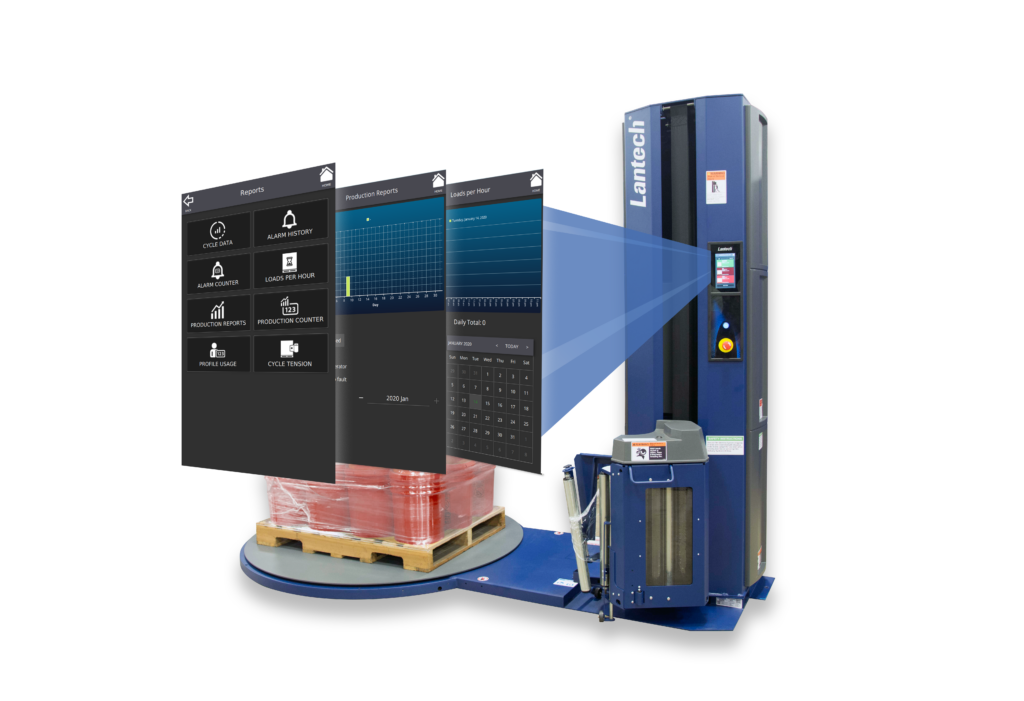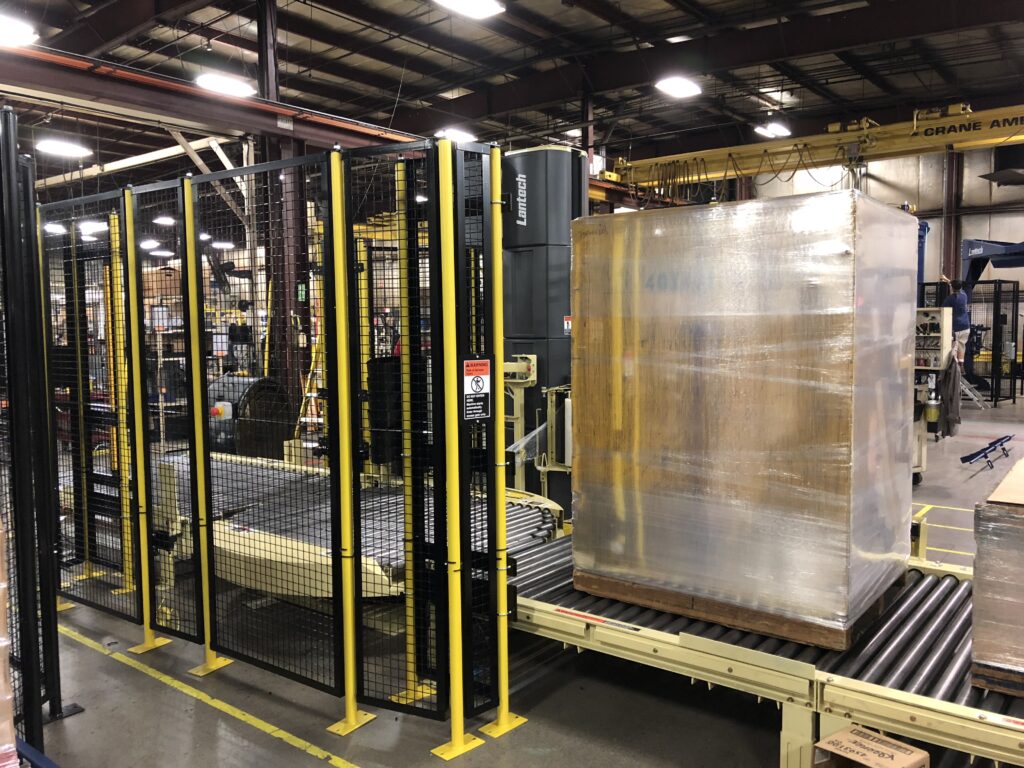 When you’re thinking about buying a new stretch wrapper, figuring out your average loads per day isn’t a bad place to start. However, an average is just that; it’s not the whole story and it can even be misleading.
When you’re thinking about buying a new stretch wrapper, figuring out your average loads per day isn’t a bad place to start. However, an average is just that; it’s not the whole story and it can even be misleading.
Think of an electric utility company, for example. If it designed its capacity for an average amount of power consumption, there would be brownouts or blackouts when demand for electricity surged above average – like on a blistering hot summer day.
Having to ration or not being able to deliver electricity to the entire customer base when it wants or needs it isn’t a good survival strategy. Which is precisely why electric utility companies plan their capacities to meet peak demands and include prudent reserves.
Or remember the time you popped into the grocery store to pick up a loaf of bread and quart of milk and the check-out lanes were deserted?
And found that two minutes later, after you got your stuff and went to check out, each lane was suddenly four customers deep – all with shopping carts stacked to the gills?
Knowing the average customer throughput isn’t a good guide in this case. Smart grocers have enough lanes to meet peak demand and staff up or down to adapt to current requirements.
Stretch wrapping is no different. Sure, it’s easy to come up with your average loads per day. But the reality is that throughput is often very much like the checkout line example. That ebbs and surges will lead you down a treacherous path if you select equipment based on the average throughput.
A good rule of thumb is to get a stretch wrapper that will handle 10 percent more throughput than your average. It’s always a good idea to do the math though and figure out what’s best for your unique situation. In the long run, it’s usually better to have a little too much capacity instead of not enough.
So, take a lesson from the Boy Scouts and Girl Scouts and “Be Prepared.” Like the electric utilities, equip for peak demand. And like the grocers, staff up and down to meet current requirements.
Get more information on the key decisions around buying a semi-automatic stretch wrapper collected in one compact, easy to read guide. Download our free Stretch Wrapper Buying Guide now.
This post was published on September 2, 2015 and updated on September 13, 2017.
September 2, 2015






